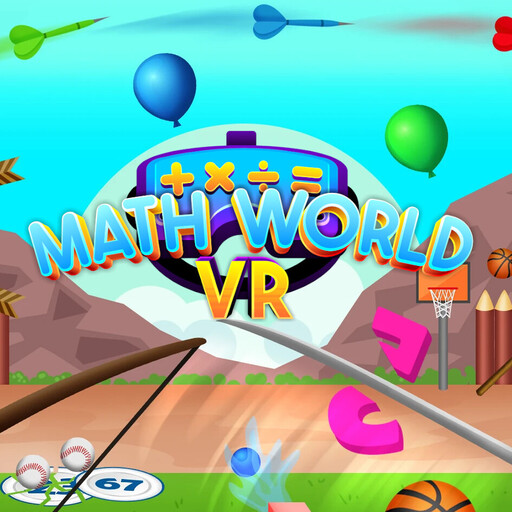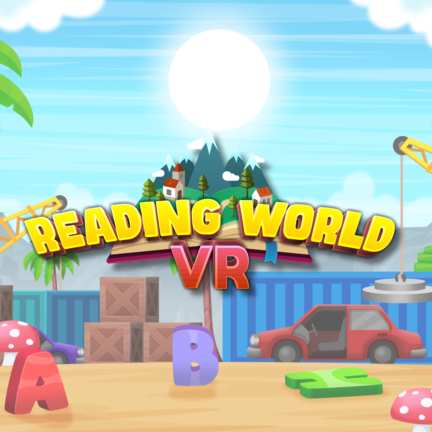In the field of education games have long been recognized as tools for improving learning experiences for children. However the potential of games goes beyond classrooms and childhood learning. They are increasingly acknowledged as resources, in adult education offering advantages that traditional learning methods may not offer. This article explores how educational games can benefit adults and emphasizes their role in a culture of continuing learning.
The Power of Play in Learning
Play is an aspect of nature regardless of age. It is through play that we explore, experiment and comprehend the world around us. Educational games, which are forms of play tap into this natural curiosity and desire for exploration. They provide a platform where adults can learn concepts and skills in an interactive manner.
Educational games for adults come in formats such, as games, board games and role playing games. These games are designed to challenge players thinking abilities enhance problem solving skills and foster creativity. Often incorporating real world scenarios they make the learning experience more relatable and applicable.
Helping Sharpen Cognitive Abilities
Educational games serve as tools for enhancing abilities. They can help enhance cognitive abilities, like memory, focus and logical thinking. For example strategy games require players to strategize make choices and adapt to changing scenarios, which improves their ability to think strategically and solve problems. On the hand memory games can be helpful for adults in improving their capacity to remember and recall information.
Promoting Active Learning
Unlike learning approaches educational games promote learning. They demand the engagement of players both mentally and physically. This active participation in the learning process facilitates understanding and retention of information. It also fosters thinking as players need to analyze situations make decisions and reflect on the consequences of their actions. This can also be true in educational games for adults as it can introduce and promote an engaging learning environment.
Fostering Social Skills
Many educational games are designed for players with an emphasis on interaction and collaboration. They provide opportunities for adults to develop and enhance their skills such, as communication, negotiation and teamwork. These skills hold significance in todays environment as they significantly contribute to personal growth.
Motivating Lifelong Learning
One of the advantages of games is that they inspire lifelong learning by making it enjoyable and fun. They can help alleviate the stress and anxiety often associated with learning methods.
This positive learning experience has the potential to inspire adults to seek out learning opportunities fostering a culture that values professional growth.
The Digital Evolution In Educational Games For All Ages
In today’s era of technology, the world of games designed for adults has grown immensely. These games provide a blend of entertainment and education making them highly sought after by professionals who want to enhance their skills or enjoy learning in their leisure time.
Flexible Learning Experiences. Digital educational games offer flexible learning environments that can be tailored to preferences. From adjusting difficulty levels to selecting topics these games ensure that the content remains relevant and challenging for each learner.
Immediate Feedback. One remarkable feature of games is their ability to provide feedback. As players navigate through challenges they receive insights, into their performance enabling them to identify areas for improvement and adjust their strategies accordingly.
Global Connection. Multiplayer educational games connect players from, around the world. This creates a learning environment where players can share knowledge, perspectives and cultural insights with one another thereby enriching the learning experience.
Updates. The digital nature of these games guarantees that they are regularly updated with the information and trends. Regular updates introduce challenges, scenarios and content that keep the learning experience fresh and captivating.
VR and AR Technology. The future of games, for adults is closely linked to the integration of technologies such as virtual reality (VR) and AR. These advancements provide immersive learning experiences that allow players to explore worlds and interact in unique ways.

Gamification in Professional Development: A Game-Changer for Adults
While educational games are often associated with school settings and young learners, the concept of gamification has taken the corporate world by storm. Gamification, the application of game-design elements in non-game contexts, has proven to be a powerful tool in adult professional development and training. Here’s how:
1. Engaging Training Modules:
- Advantage: Traditional training sessions can sometimes be monotonous and disengaging. Gamified training modules, on the other hand, are interactive, challenging, and fun, ensuring higher engagement levels.
- Implication: Engaged learners are more likely to retain and apply the knowledge they acquire, leading to more effective training outcomes.
2. Real-time Performance Metrics:
- Advantage: Gamified platforms often come with dashboards that track a learner’s progress, providing instant feedback on strengths and areas of improvement.
- Implication: This real-time feedback allows learners to adjust their strategies, ensuring continuous improvement and mastery over the subject.
3. Competitive Spirit:
- Advantage: Leaderboards, badges, and rewards introduce a competitive element to the learning process.
- Implication: Healthy competition can motivate learners to push their boundaries, strive for excellence, and achieve better results.
4. Scenario-based Learning:
- Advantage: Gamified training often incorporates real-world scenarios, allowing learners to practice their skills in a risk-free environment.
- Implication: This hands-on approach ensures that learners are well-equipped to handle real-world challenges, bridging the gap between theory and practice.
5. Collaborative Learning:
- Advantage: Many gamified platforms promote teamwork, requiring learners to collaborate, communicate, and strategize to achieve common goals.
- Implication: Such collaborative experiences enhance team dynamics, foster communication skills, and promote a collaborative work culture.
6. Lifelong Learning and Continuous Development:
- Advantage: The dynamic nature of gamified platforms, with regular updates and new challenges, ensures that learning never stops.
- Implication: This promotes a culture of continuous development, ensuring that professionals stay updated and relevant in their fields.
Conclusion
In conclusion educational games are tools that can greatly enhance adult learning. They help boost abilities encourage participation, help promote social skills development, and motivate individuals to engage in lifelong learning. As our world continues to progress and evolve, the significance of learning cannot be emphasized enough. Educational games have an ability to make learning engaging and enjoyable. Positioning them as contributors to the community that values ongoing education.
It is important to remember that while educational games offer benefits they are not a one size fits all solution. The effective value of these games can vary on factors such as an individuals style of learning the design of the game itself and the specific context in which it is utilized. Therefore it is essential to select games that align with the learners needs and preferences and incorporate them into a rounded approach that encompasses methods of acquiring knowledge.
Looking ahead into the future as technology continues its advancement journey we can anticipate innovative and effective educational games, on the horizon. These future developments will not elevate the learning experience but also contribute significantly towards building a more knowledgeable workforce that possesses valuable skills while remaining adaptable.








